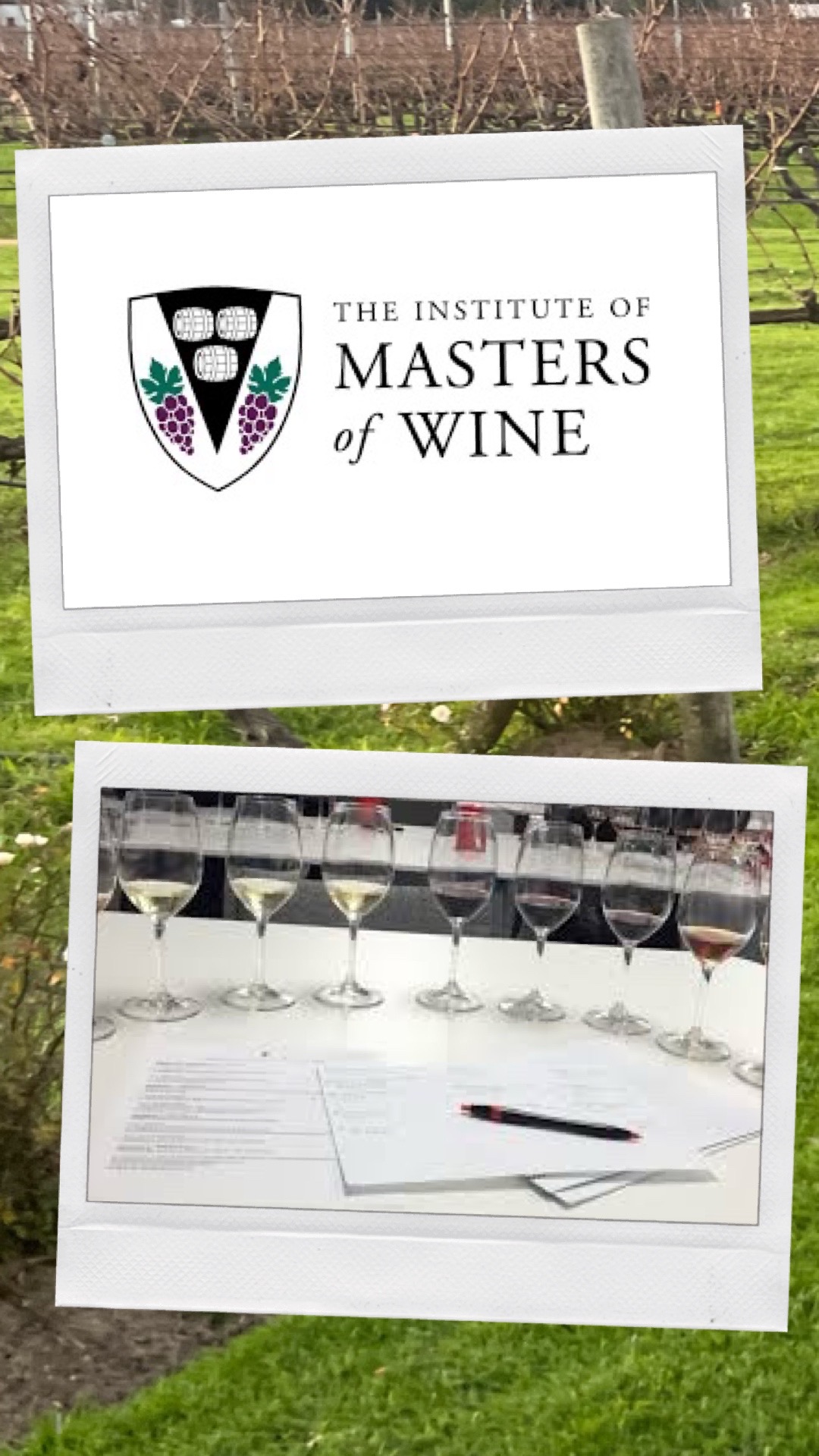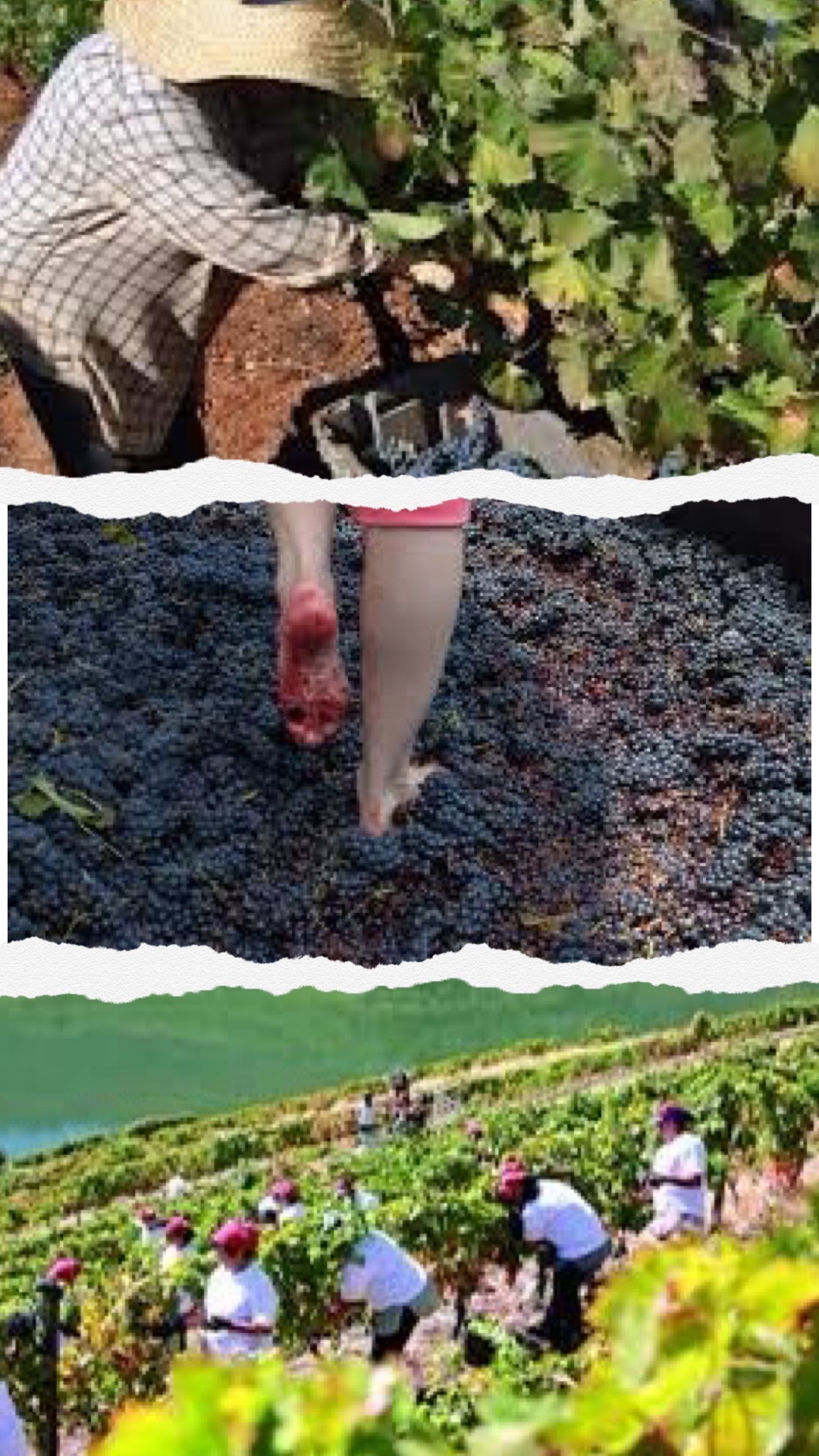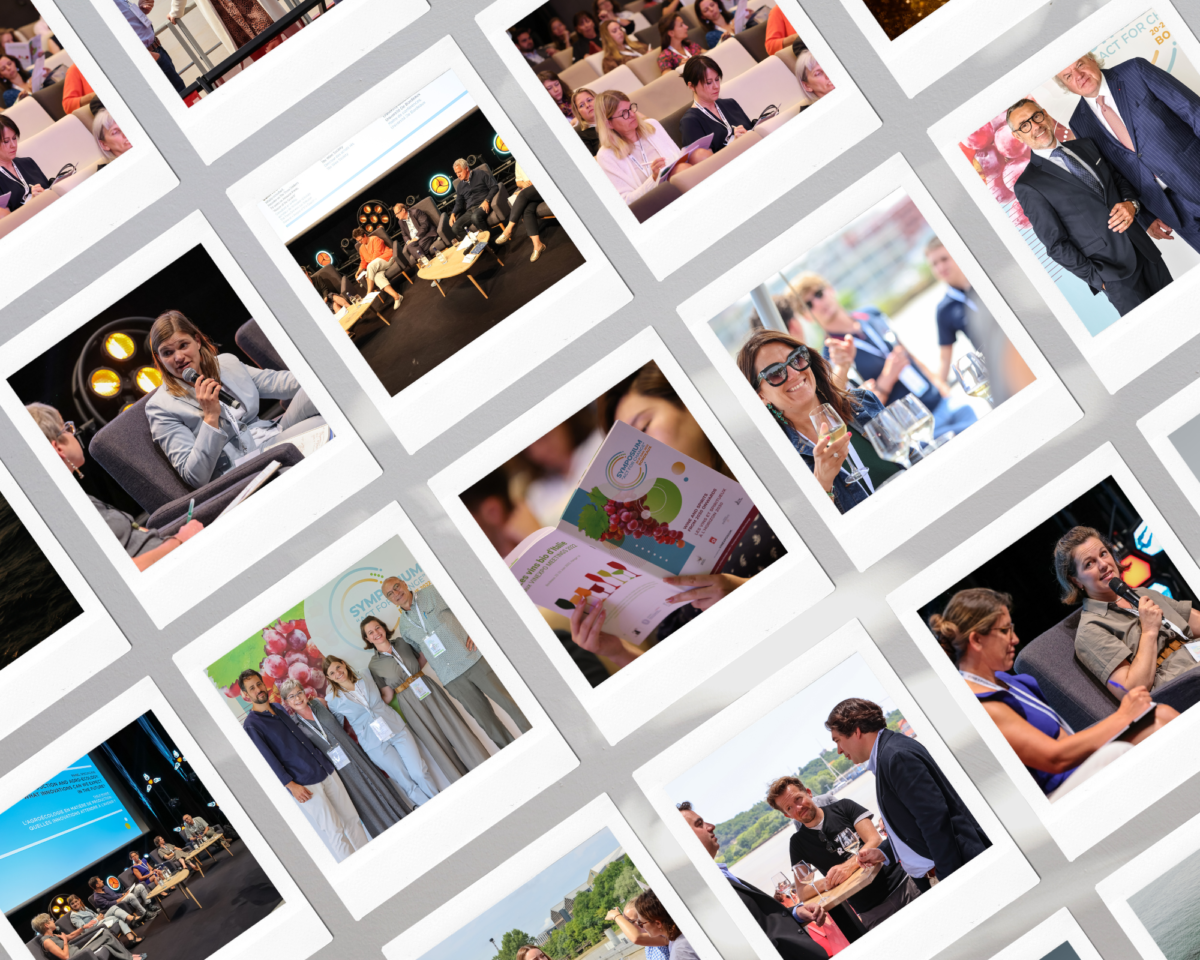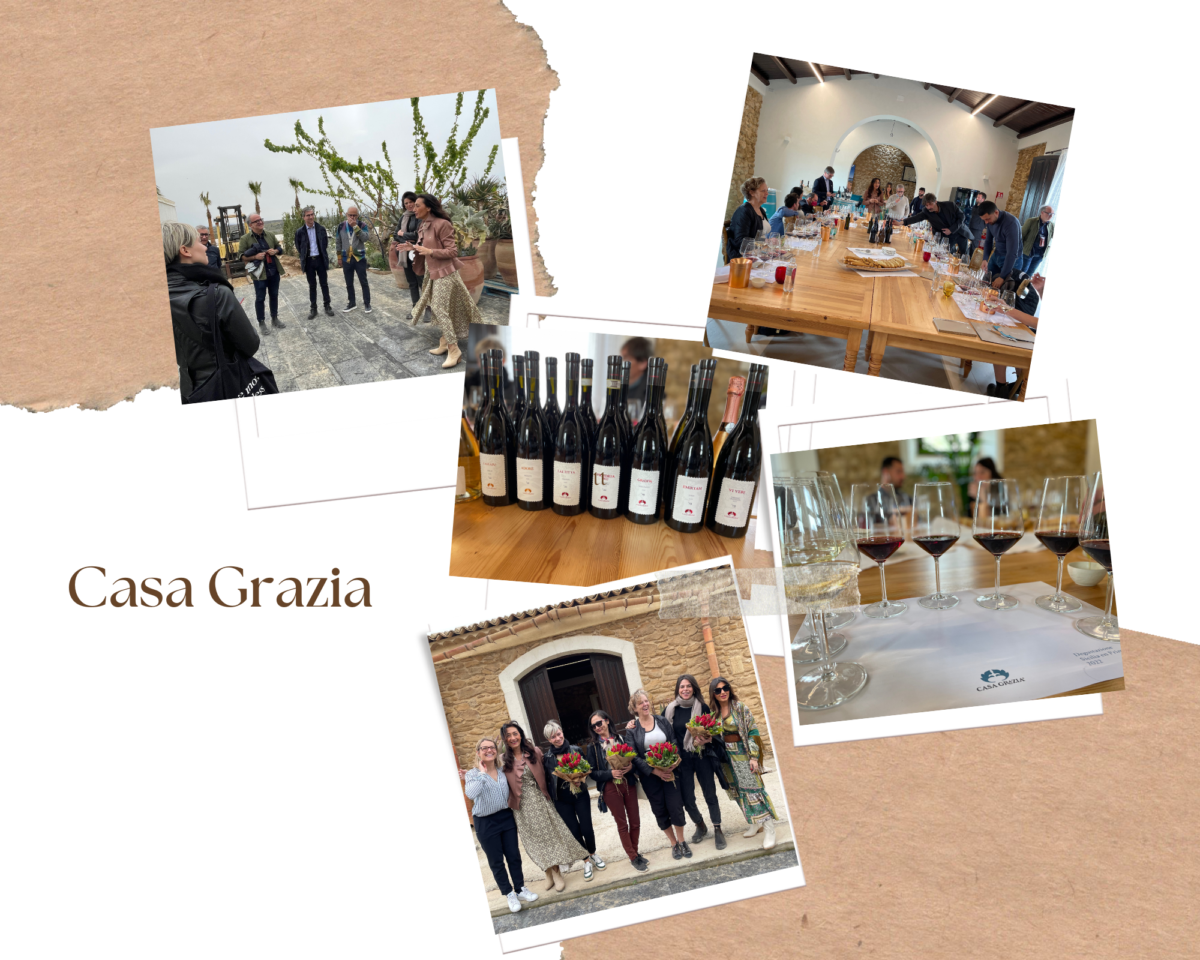The Institute of Masters of Wine has recently revealed the questions from the 2022 MW exam, as well as the wines used in the practical or tasting assessment.
The practical tasting and theory questions form the second part of MW study, with those who successfully pass this stage moving on to the final aspect of the MW programme: the research paper.
One hundred and three students sat the theory and practical exams July 26-29 in London, Napa and Adelaide. These students have already passed Stage 1 of the program; a one-day assessment comprising a 12-wine blind tasting exam in the morning and a theory exam in the afternoon.
Here is the list of wines that were used in the 2022 Masters of Wine practical examination:
Chinon Cuvée Terroir, Charles Joguet, 2019. Loire Valley, France.
Cabernet Sauvignon, Double Diamond, Schrader Cellars, 2018. Oakville, Napa Valley, USA.
Merlot, Vino de Eyzaguirre, 2019. Colchagua Valley, Chile.
Château Larrivet Haut-Brion, 2018. Pessac-Léognan, Bordeaux, France.
Chianti Classico ‘Brolio’, Barone Ricasoli, 2017. Tuscany, Italy.
Brunello di Montalcino, Montosoli, Altesino, 2015. Tuscany, Italy.
Bourgogne Hautes Côtes de Beaune, Domaine Frédéric Esmonin, 2019. Burgundy, France.
Clos Vougeot, Domaine Gros Frère & Soeur, 2017. Burgundy, France.
Malbec ‘Serie A’, Zuccardi, 2020. Uco Valley, Mendoza, Argentina.
Malbec Reserve Old Vine, Altocedro, 2018. Uco Valley, Mendoza, Argentina.
Zinfandel, Mother Clone Pedroncelli, 2019. Dry Creek Valley, USA.
Lytton Springs, Ridge Vineyards, 2019. Dry Creek Valley, USA.
The corresponding questions for the practical paper, and the theory papers can be found here:
https://www.mastersofwine.org/news/2022-mw-exam-questions-and-wines-revealed
Since the first exam in 1953, 498 people have become a Master of Wine, and the IMW actively seeks new candidates around the world.
#masterofwine #winenews #wineeducation #wine #winetasting #winelovers #winelover
#winetime #sommelier #winelife #wset #winegeek #wineexperience #finewine #wineknowledge #winestudy #winestudent
@mastersofwine





![UC Davis Library Acquires “Le débat du vin et de leaue” the first wine book written in French [dated 1515]](https://www.liz-palmer.com/wp-content/uploads/2022/05/page0-16-1.jpg)